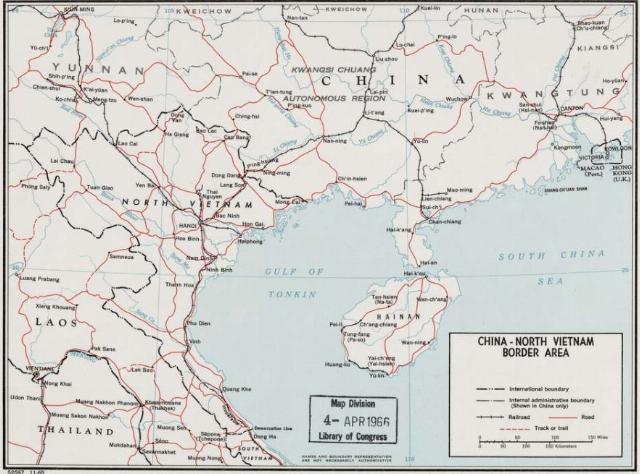Was Vietnam worth the cost?
Vietnam Veterans’ Day is annually observed on March 29. It commemorates the hardships suffered and sacrifices made by nine million Americans during the Vietnam War, and their families who supported them before, during, and after.
Through the years I’ve done a great deal of research and introspection about the war, to understand the war’s pathology from beginning to end. I’ve returned to Vietnam twice for visits and research, and Vietnamese and American friends and veterans have provided their perspectives. The net result of these efforts yielded an unequivocal verdict: the war was a grave self-inflicted injury on our nation on many levels, a “Greek tragedy” writ large, that changed our country forever and whose negative impact still haunts us.
It was a monumental misjudgment of geopolitics and foreign policy, willful ignorance of Southeast Asian nationalists’ motives and alliances, racially motivated hubris, corporate greed, and many missed opportunities for diplomatic solutions along the way. The war grew from small, discreet beginnings and then escalated into a conflagration with a life of its own. It caused a generation of Americans to lose trust in their nation’s institutions and tore painfully at the nation’s social fabric, opening fault lines in our society that are still divisive. On the economic front, it has been argued that the billions spent on the war carried tectonic consequences that continue to plague our national financial stability. There is simply no upside to be found from any objective look at the facts of our Vietnam debacle.
So, what about those of us who served? How does one reconcile the 58,000+ lives lost, the hundreds of thousands wounded and maimed for life, and the estimated 1 trillion in inflation-adjusted dollars poured into this quagmire? One doesn’t. There is simply no logical way to rationalize this at a personal level, except to acknowledge that we who “answered the call” served with honor and did our duty as best we could. At age 18-19 we certainly had no grasp of the war’s overall strategic steps and missteps, let alone the tectonic geopolitical or socioeconomic forces at work there. Each of us at the bottom of the pyramid had a viewpoint that focused on our specific mission responsibilities and fostered loyalty to those serving with us. The rest was an abstraction.
Given this stark, painful history, one would expect the powerful lessons it provides to be imprinted on the political, diplomatic, and military leadership that evolved from that era. On the contrary, those lessons are being ignored. Our subsequent interventions in Iraq, Syria, and sub-Saharan Africa, along with our humiliating defeat in Afghanistan, have created new quagmires for our troops and squandered billions of dollars we can’t afford to spend.
For those troops who are presently, or could be, placed in harm’s way, and for those young men and women considering enlisted or commissioned service, here’s some valuable advice: be wary of the motives of political and military “leaders,” be informed about our past and present military misadventures and their outcomes, and maintain a healthy skepticism about the system that has enabled them. Godspeed.

Image via Picryl.
Read More: Was Vietnam worth the cost?

